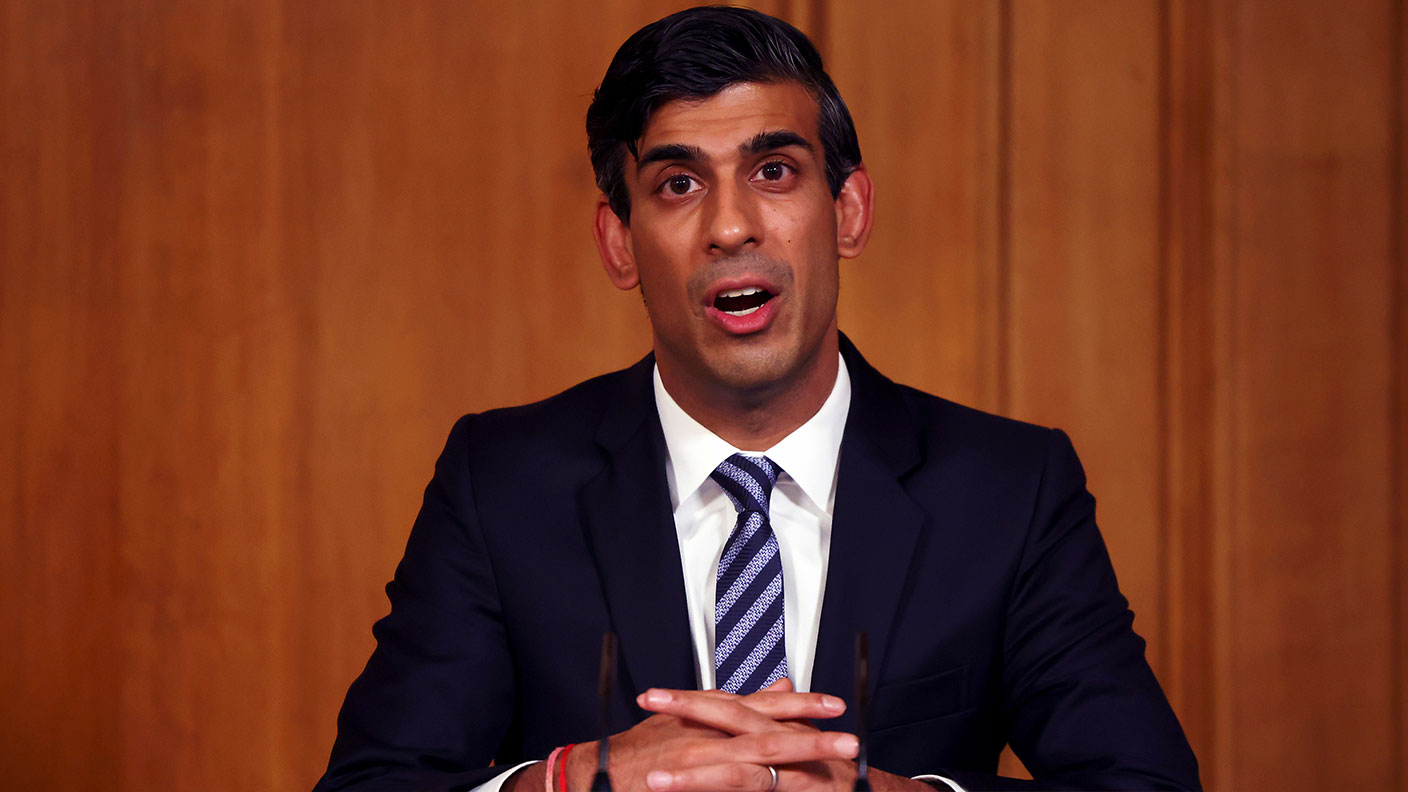An increase in earnings growth across the UK could “pile pressure” on Chancellor Rishi Sunak when considering the costs of maintaining the government’s Manifesto commitment to the state pension triple lock, Aegon has warned.
New figures published today by the Office for National Statistics (ONS) confirmed that average weekly earnings increased by 6.6% – 7.3% including bonuses – in the three months to the end of May. This figure was up significantly from the 5.6% announced for the three months to the end of April.
The state pension triple lock normally uses the average earnings figure from the three months to the end of July, and the latest figures suggest there is a chance average earnings could continue to spike as the UK emerges from coronavirus restrictions, according to Aegon.
“The ONS is quick to point out that these increases are largely because of distortions the pandemic has caused to earnings figures,” Aegon pensions director, Steven Cameron, said.
“The furlough scheme meant many individuals saw a cut in earnings around a year ago, which is now leading to inflated increases as furlough ends and a disproportionately high number of lower paid jobs have been lost during the pandemic, leaving more higher paid jobs in the index.”
However, ONS analysis has also indicated today that underlying earnings growth with COVID-19 distortions removed would more accurately be between 3.2% and 4.4%.
“Using these figures could be an option for the Chancellor to retain the triple lock principles, albeit with adjustment,” Cameron commented. “Another consideration would be to smooth out the sharp peaks and troughs we’re seeing in earnings growth and base triple lock increases on experiences over two or more years.
“The triple lock costs the government around £0.9bn for every 1% rise, so Sunak may still be hoping for an easing in average earnings ahead of the all-important July figure, published in September, but time is running out.”
Cameron also warned that without adjustments to the triple lock formula, the current trajectory of average earnings is expected to trigger a “bumper rise” to the state pension of potentially over 8%, at a cost of around £7bn next year and in every future year.
He added: “The Chancellor has indicated that any decisions to put the UK’s finances back on a sounder footing post-pandemic will need to weigh up the interests of different generations. The state pension is paid for by national insurance contributions of today’s workers, so the government will face a difficult balancing act.
“There will be questions around intergenerational fairness if state pensioners receive a 8% or higher increase, paid for by today’s workers, which is far above the pay rises those workers will typically have received.”
Latest News
-
Residential property transactions fall 24% month-on-month
-
Later life lending loans jump 5.1% in Q4 2025
-
Mortgage Awards 2026: Winners announced
-
FCA outlines proposals to close gaps in borrowers’ credit files
-
St. James’s Place closes 2025 with record FuM
-
Average LTV on UK mortgaged home drops to 59% – IMLA
Mortgage Advice Bureau and AI in the mortgage sector
Chief executive officer at Mortgage Advice Bureau, Peter Brodnicki, and founder and managing director at Heron Financial, Matt Coulson, joined content editor Dan McGrath to discuss how Mortgage Advice Bureau is using artificial intelligence to make advancements in the mortgage industry, the limitations of this technology and what 2026 will hold for the market
Perenna and the long-term fixed mortgage market

Content editor, Dan McGrath, spoke to head of product, proposition and distribution at Perenna, John Davison, to explore the long-term fixed mortgage market, the role that Perenna plays in this sector and the impact of the recent Autumn Budget
NEW BUILD IN FOCUS - NEW EPISODE OF THE MORTGAGE INSIDER PODCAST, OUT NOW

Figures from the National House-Building Council saw Q1 2025 register a 36% increase in new homes built across the UK compared with the same period last year, representing a striking development for the first-time buyer market. But with the higher cost of building, ongoing planning challenges and new and changing regulations, how sustainable is this growth? And what does it mean for brokers?
Does the North-South divide still exist in the UK housing market?

What do the most expensive parts of the country reveal about shifting demand? And why is the Manchester housing market now outperforming many southern counterparts?
In this episode of the Barclays Mortgage Insider Podcast, host Phil Spencer is joined by Lucian Cook, Head of Research at Savills, and Ross Jones, founder of Home Financial and Evolve Commercial Finance, to explore how regional trends are redefining the UK housing, mortgage and buy-to-let markets.
In this episode of the Barclays Mortgage Insider Podcast, host Phil Spencer is joined by Lucian Cook, Head of Research at Savills, and Ross Jones, founder of Home Financial and Evolve Commercial Finance, to explore how regional trends are redefining the UK housing, mortgage and buy-to-let markets.
© 2019 Perspective Publishing Privacy & Cookies











Recent Stories